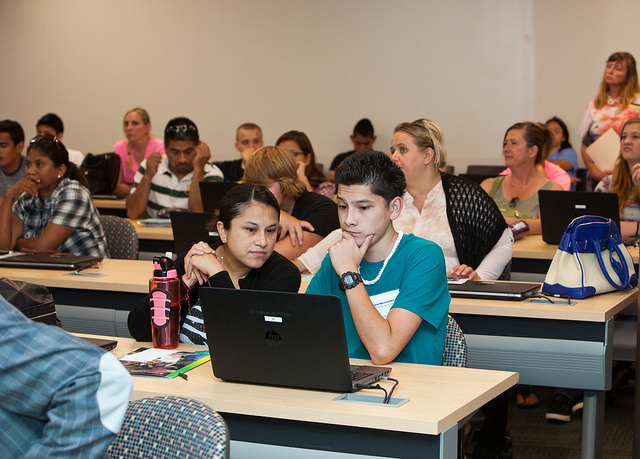I've been hearing a lot about dual credit courses where kids take college courses in high school. In Austin, it's really pervasive. I've been wondering how much it helps. And well, my kids are that age. Should I encourage my son to get one under his belt before graduating? Does it matter if he takes dual credit courses or Advanced Placement? Does it benefit students equally regardless of family background?
Needless to say, I had a lot of questions. So I decided to do some research. I found some evidence about long-term impacts on students. Some researchers analyzed longitudinal data and set up quasi-experimental designs using different techniques. For example, Giani and colleagues found clear evidence that taking dual credit courses had a positive impact on post-secondary education, regardless of differences in family background, and the more dual credit courses students took, the more they completed. Core academic courses mattered, not vocational courses, and taking math specifically influenced students' completing a bachelor's degrees. This article has a thorough literature review too. Take a look, see what you think.



